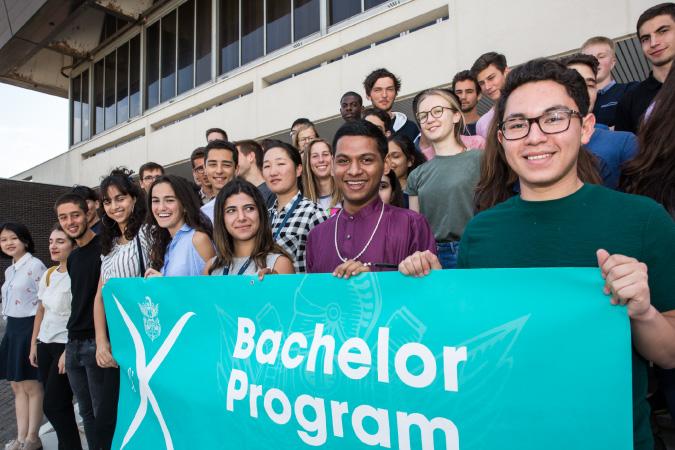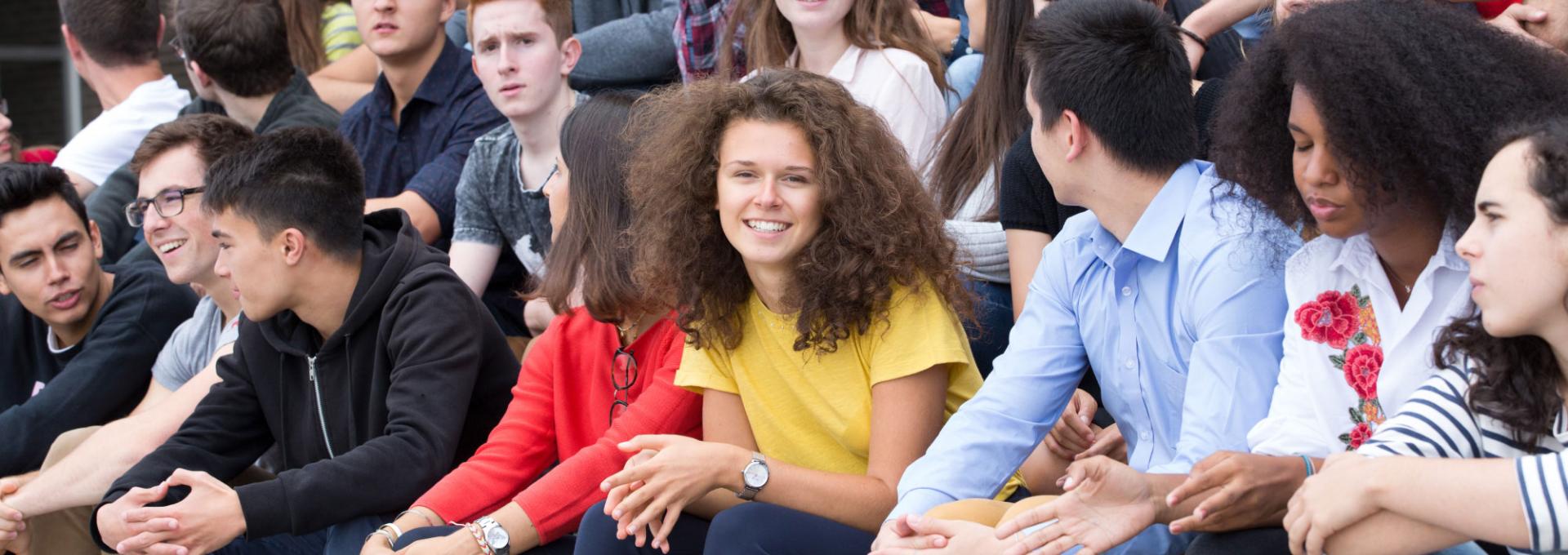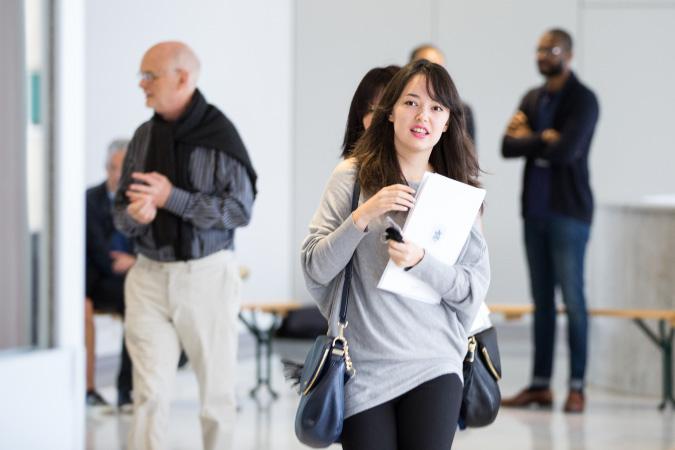This is a unique double major based on a mathematical approach to economics. A big strength of this program is that we develop the students’ skills in logical thinking using mathematical methods.

For their second and third years, students choose between three double majors. The Mathematics Economics track of the Bachelor Program offers a scientific approach to economics.
It relies on the construction, analysis, and interpretation of abstract models as well as on the confrontation of theoretical conclusions with empirical data coming from the field or from controlled experiments. Following the program requires strong quantitative skills and a taste for abstract thinking.
The first year offers an Introduction to Economics class to all students. Professors teach the basic concepts and explain how to use logic in economic science.
- Microeconomics is dedicated to the analysis of the individual behavior of households and firms, of the resulting strategic interactions, and of market equilibrium.
- Macroeconomics consists in studying the economy as a whole such as to understand long-run growth and the business cycle, as well as the functioning of monetary and fiscal policy.
- Econometrics combines statistical methods and theoretical models to quantify real world phenomena.
- Finance analyzes investment over time in risky environments.
- During the second year, students also participate in Economics Workshops to understand economic thinking, and study real-life applications of the concepts learnt.
- The third year offers advanced courses on specific topics such as Game Theory, International Trade, Industrial Organization, Public Policy, Labor Economics, Poverty and Development. Students also follow more typical Economics courses: Law, History, Sociology, Anthropology, etc. During the third year, students have to do a Bachelor Thesis, carried out in the form of a research project.


